Kabale University Launches TORCH Project to Champion Clean Energy Living Labs in East Africa
Kabale University has taken a bold step in advancing climate action and green growth in the region with the launch of the TORCH Project (Towards a Clean Energy and Zero-Emission Society in East Africa). The project was officially inaugurated at Kabale University on 30th July 2025, bringing together universities, civil society, and development partners committed to accelerating the transition to a low-carbon future. Spearheaded regionally by Dr Patrick Musinguzi, and coordinated at Kabale University by Associate Professor Businge Phelix Mbabazi, TORCH places universities at the center of efforts to respond to climate change, promote green growth, and support sustainable development across East Africa. Kabale University joins a consortium that includes Makerere University, Kyambogo University, Busitema University, the University of Juba (South Sudan), and BOKU University in Austria, as well as civil society partners such as Youth Go Green and Regenerate Africa.

The TORCH Project is designed to transform how universities teach, research, and engage communities on issues of clean energy and sustainability. Key objectives include integrating green growth principles into academic curricula, building human capacity through short courses and field-based research, and promoting evidence-based policy dialogue on climate and energy. Through these interventions, universities will not only generate knowledge, they will become active players in shaping how communities adopt clean technologies, manage natural resources, and participate in a green economy.
A central pillar of TORCH is the establishment of three Living Laboratories in Central, Eastern, and Southwestern Uganda. These Living Labs will function as open, community-based innovation spaces where farmers, women’s groups, researchers, students, and industry actors co-create and test affordable green solutions, including solar technologies and climate-smart agricultural practices.
Planned features of the Living Labs include:
- Collaborative platforms where community feedback directly shapes research and innovation
- Knowledge hubs that will train more than 5,000 community members in sustainable practices
- Gender-responsive approaches that prioritise women’s leadership in design, implementation, and decision-making
- Drafting of green growth policy frameworks to guide both institutional and national transitions toward low-carbon development
By situating innovation within real-life community settings, the Living Labs are intended to “break the ivory tower” and demonstrate how universities can drive practical solutions that respond to local needs.

Kabale University will play a strategic role in the implementation of TORCH, especially in Southwestern Uganda where one of the Living Labs will be hosted. Under the coordination of Associate Professor Businge Phelix Mbabazi, the University will provide critical infrastructure such as e-learning studios for digital content creation, systems for identifying and monitoring Living Lab host communities, and spaces for dialogue on green policy and institutional transformation.
The project team at Kabale University includes:
- Dr Fiona Mutekanga, Lecturer in GIS, Environment and Natural Resources, who will support inclusive participation and ensure that women are actively involved in the establishment and governance of the Kabale-based Living Lab.
- Ms Susan Kangume, who will offer field-based support in setting up the Living Labs and coordinate gender-sensitive training for farmers and community groups on green technologies and sustainable practices.
Their combined expertise reflects Kabale University’s commitment to placing people, and particularly women, at the heart of climate action and clean energy transformation.
The TORCH Project is funded by the Austrian Development Agency in collaboration with the Organisation for Economic Co-operation and Development (OECD). It brings together a strong alliance of academic partners and civil society organizations working toward a shared vision of a zero-emission society.
In its first year, the project targets:
- Integration of green economy modules into university curricula
- Full operationalisation of three Living Labs serving more than 20 communities
- Development of draft policies to guide institutional green transitions
- Deployment of digital tools for monitoring clean energy adoption at community level
These milestones are expected to lay a strong foundation for scaling Living Lab models to other regions, including South Sudan, by 2027.
The launch at Kabale University featured training sessions on the green economy, discussions on criteria for Living Lab site selection, and stakeholder engagement dialogues with university leaders, researchers, students, and partner organizations. Over 50 delegates participated in the workshop, signalling strong buy-in for the project’s vision and approach.
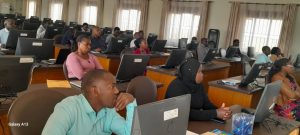 Participants reflected on how TORCH aligns with key global frameworks, including Sustainable Development Goal 7 (Affordable and Clean Energy), Goal 11 (Sustainable Cities and Communities), and Goal 13 (Climate Action). The workshop also provided an opportunity to map out how Kabale University can leverage its academic strengths and community linkages to position Southwestern Uganda as a model region for green transition.
Participants reflected on how TORCH aligns with key global frameworks, including Sustainable Development Goal 7 (Affordable and Clean Energy), Goal 11 (Sustainable Cities and Communities), and Goal 13 (Climate Action). The workshop also provided an opportunity to map out how Kabale University can leverage its academic strengths and community linkages to position Southwestern Uganda as a model region for green transition.
Through TORCH, Kabale University is reaffirming its role as a driver of societal transformation, using research and innovation to address some of the most pressing challenges of our time. The Living Labs, partnerships, and training programmes emerging from this initiative are expected to create a ripple effect that benefits communities, informs public policy, and equips a new generation of graduates to lead in the clean energy and sustainability space.
As the project moves from launch to implementation, Kabale University will continue to work closely with partner institutions, civil society, and communities to ensure that the journey toward a zero-emission society is inclusive, practical, and anchored in local realities.
Discover more from Kabale University News
Subscribe to get the latest posts sent to your email.



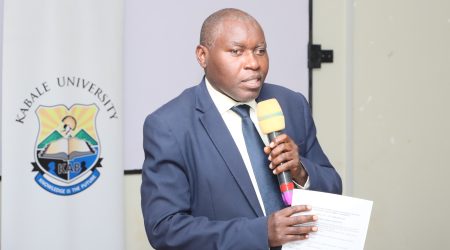

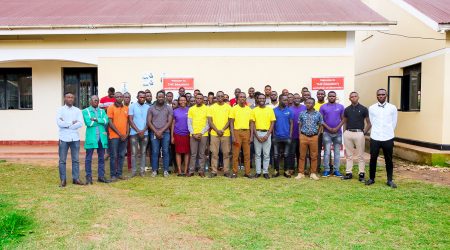
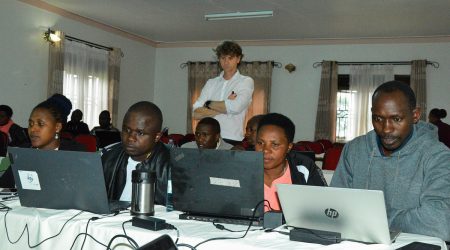
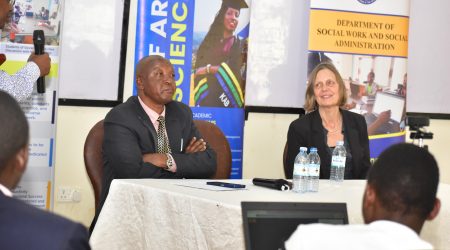
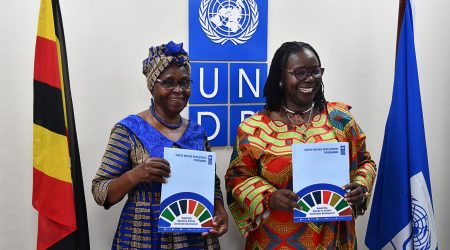
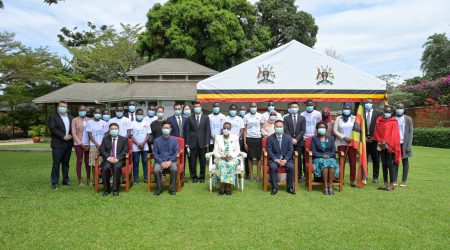
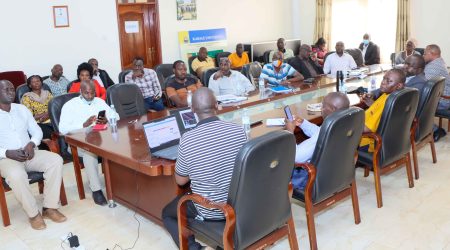
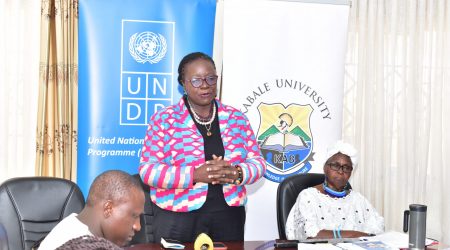
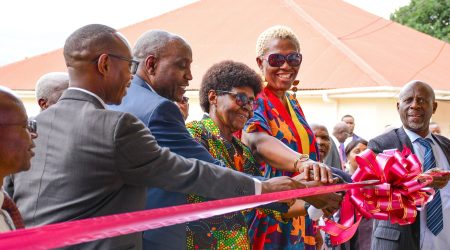
Leave a Reply